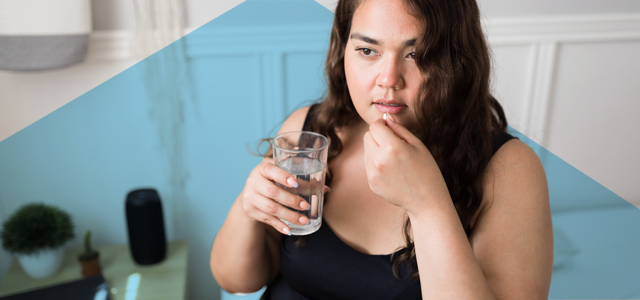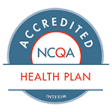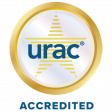
How to Take Your Depression Medicine the Right Way
Taking medicine for depression can help you feel better and live a happier life. Here are some simple tips to help you take your medicine the right way:
Understand Your Medicine
It is important to know why you are taking your medicine and how it works. Depression medicine can make you feel better by balancing chemicals in your brain. If you have questions about your medicine, ask your doctor or pharmacist. They are there to help you.
Follow Your Doctor’s Instructions
Always take your medicine exactly how your doctor tells you. Do not take more or less than prescribed. Even if you start to feel better, keep taking your medicine until your doctor says it’s okay to stop. Stopping too soon can make your depression worse.
Take Your Medicine at the Same Time Every Day
Taking your medicine at the same time every day helps you remember it better. You can set an alarm on your phone or use a pillbox to help you keep track. Some people find it helpful to use a medication app that sends reminders. By doing this, you will not forget to take your medicine.
Keep a Routine
Make taking your medicine part of your daily routine. You can take it with breakfast, after brushing your teeth, or before bed. Doing it at the same time as another daily task can help you remember.
Talk to Your Doctor About Side Effects
Sometimes, medicine can cause side effects. If you feel strange or have any problems, talk to your doctor. Do not stop taking your medicine without talking to your doctor first. They can help you find a solution or change your medicine if needed.
Myths About Depression and Medication
You may have heard things about depression and medication that are not true. Here are the facts.
- Myth: Medication will change your personality.
- Truth: Your medicine helps balance chemicals in your brain. This should make you feel more like yourself, not less.
- Myth: You can stop taking medication once you feel better.
- Truth: It is important to continue taking your medication, even if you feel better. Only stop taking your medicine when your doctor tells you it is okay to stop.
- Myth: Medication is the only way to treat depression.
- Fact: Taking your medicine is important. You may also try going to counselling and exercising regularly. Together, all three of these things can help you with your depression.
Ask for Support
Tell a family member or friend that you are taking medicine for depression. They can help remind you to take it and give you support. It is okay to ask for help when you need it.
Refill Your Prescription On Time
Make sure to get your prescription refilled before you run out of medicine. Running out can n your depression to come back. Mark your calendar or set a reminder to call the pharmacy a few days before you need more.
Do Not Skip Doses
Skipping doses can make your medicine not work as well. If you miss a dose, take it as soon as you remember. If it is almost time for your next dose, skip the missed dose and continue with your regular schedule. Do not take two doses at once to make up for a missed one.
The Importance of Exercise and Counseling
Taking your medicine is important, but it is also helpful to exercise and go to counseling. Exercise can boost your mood and improve your health. Counseling gives you a safe space to talk about your feelings and find ways to cope with depression. Together, medication, exercise, and counseling can be very helpful in treating depression.
Other Resources
Learning about depression is important. Here are some ways you can find more tips and helpful information about depression and medication adherence.
- National Institute of Mental Health (NIMH)
- Substance Abuse and Mental Health Services Administration (SAMHSA)
- Depression and Bipolar Support Alliance (DBSA)
- Mental Health America (MHA)
- American Psychiatric Association (APA)
Remember, Community Health Choice is always here for you. If you need help finding resources or have questions, please call member services. We speak English, Spanish, and other languages, too. You can find our member services numbers by clicking here.
In case of emergency, call 9-1-1 or go to the nearest hospital. If you are having thoughts of self-harm or in a crisis, call the National Suicide Prevention Hotline by dialing 9-8-8.






